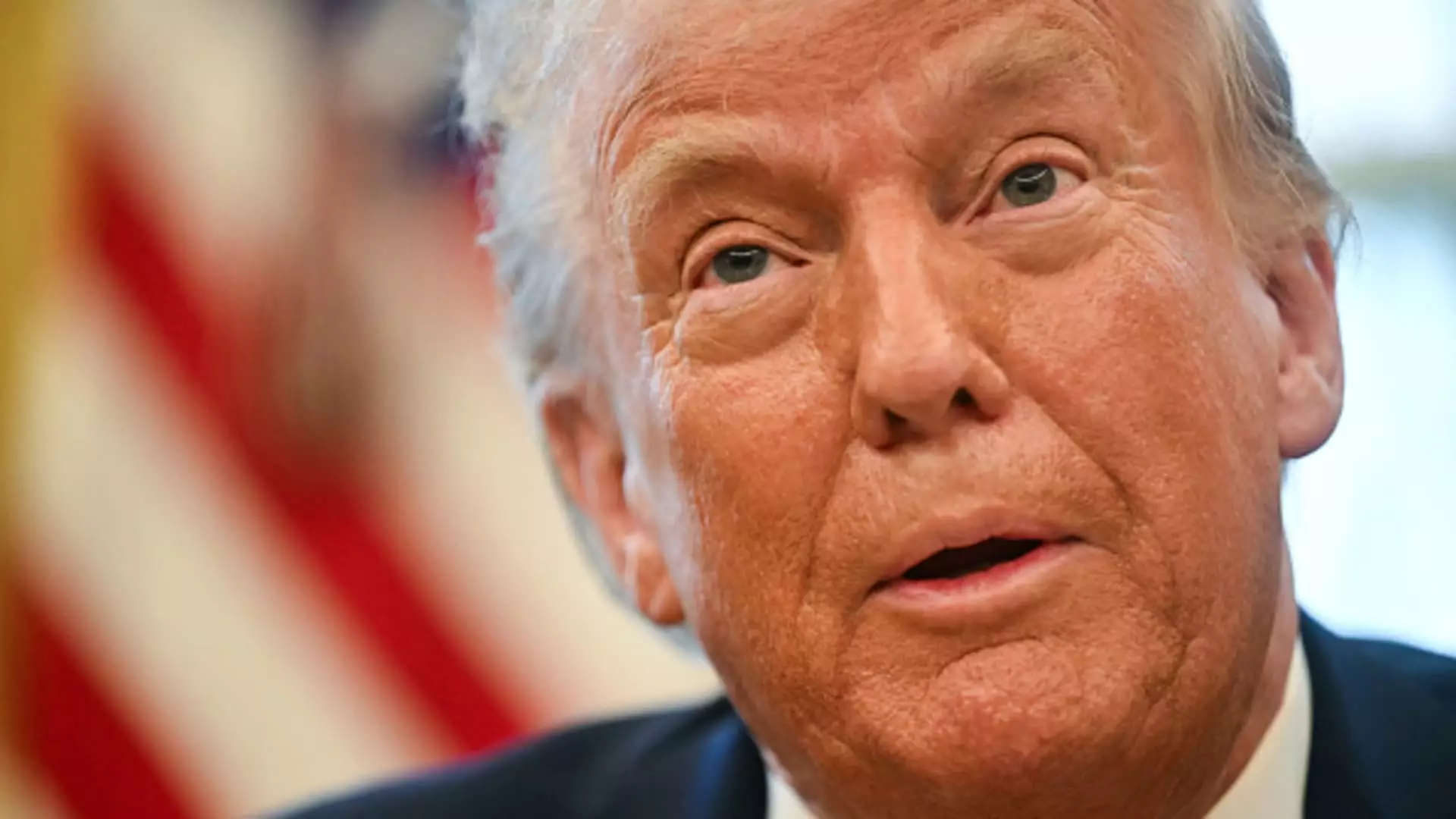The recent announcement by President Donald Trump regarding the establishment of a government-run sovereign wealth fund marks a significant pivot in U.S. economic policy. Designed as an asset management tool, this initiative seeks to leverage public resources for infrastructure development and potentially controversial investments such as acquiring interests in international companies like TikTok. As the U.S. grapples with an array of economic challenges, this proposal raises important questions about fiscal responsibility, governance, and national priorities.
The fund’s proposed objectives extend beyond merely amassing financial assets. Treasury Secretary Scott Bessent emphasized the government’s intentions to monetize U.S. balance sheet assets for the public good, hinting at investments in aging infrastructure, including highways and airports. This aligns with broader discussions on enhancing American economic competitiveness on a global scale. Notably, this initiative could position the U.S. favorably against nations like China and Norway, who already boast significant sovereign wealth funds, highlighting a competitive strategy in an increasingly globalized economy.
Moreover, the fund might have implications beyond economic growth, potentially allowing the U.S. government to expand its influence in regions like Panama and Greenland. This aspect introduces a geopolitical dimension to economic policy, suggesting that economic tools may be employed for strategic global positioning—an idea that deserves scrutiny given the complex nature of international relations.
While the proposal seems ambitious, critics are right to question the practicality and advisability of such a fund in light of the U.S.’s ongoing budget deficits. Unlike smaller nations with fiscal surpluses and abundant natural resources, the U.S. government faces immense financial obligations, which complicates the establishment of a sovereign wealth fund. Historical evidence suggests that sovereign wealth funds often thrive in contexts where governments can effectively manage revenues, particularly from natural resources, without incurring massive debts.
Furthermore, without stringent governance mechanisms, such funds can become riddled with issues such as lack of transparency, corruption, and inefficiency. Critics argue that without well-defined rules and oversight protocols, there is a significant risk that the fund could be mismanaged or subjected to political influence, undermining its intended purposes. Transparency is critical in maintaining public trust and ensuring sustainable investment practices within a framework that prevents potential conflicts of interest.
Final Thoughts: A Cautious Approach is Vital
The initiation of a U.S. sovereign wealth fund presents a fascinating opportunity for economic growth and international competitiveness. However, it also brings with it a series of challenges that call for careful consideration. From potential governance issues to the complexities of managing national assets amid a backdrop of fiscal deficits, the path ahead is fraught with obstacles.
Success will rely heavily on transparent governance, careful asset management, and a clear alignment between economic objectives and public interest. As the U.S. contemplates this initiative, it must do so with eyes wide open to both the opportunities and the inherent risks associated with such a transformative economic strategy. The stakes are high, and effective oversight will be paramount in navigating this uncharted territory.

